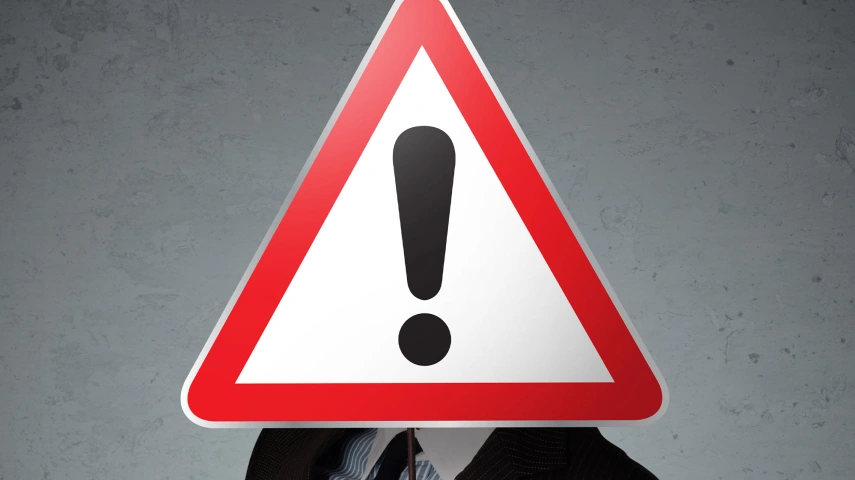ACTU escalates criticism over regulators and levy risks



Unions and the Opposition have raised fresh concerns about APRA and ASIC’s failures amid fallout from First Guardian and Shield.
Unions have intensified pressure on financial regulators as the ACTU warned that failures at APRA and ASIC over the First Guardian and Shield collapses could leave workers footing the bill through higher mandatory levies on superannuation funds.
The ACTU said APRA failed to recognise and respond to what it described as a “very visible and growing systemic risk” created by predatory for-profit providers pushing workers into under-policed platform superannuation products.
It said APRA has a clear responsibility to oversee platform trustees, a responsibility it “failed to adequately perform”.
The union movement also highlighted that APRA recorded an operational surplus in the previous financial year, arguing this left “no question” it had sufficient resources to monitor emerging risks and act to safeguard retirement savings.
Instead, it accused the regulator of focusing on “hectoring profit-to-member industry super funds” and seeking to “de-legitimise” member and employer representation on high-performing funds.
ACTU assistant secretary Joseph Mitchell said: “APRA’s abrogation of its responsibility to regulate for-profit platform trustees has robbed workers of tens of thousands of dollars of their life savings and could now end up costing them even more.”
“Working people should not have to pay for APRA and ASIC’s failures.
“First Guardian and Shield’s collapses suggest that the regulator has been focusing on culture wars rather than monitoring and preventing the growing systemic risk to workers posed by unregulated self-managed super funds and for-profit platforms.
“Working people are right to expect more from regulators than the abandonment they have experienced. Australians deserve a retirement income regulatory authority which does its job of monitoring, and preventing, predatory providers from robbing workers of their life savings.”
At the same time, the Opposition’s Shadow Treasurer Ted O’Brien and Shadow Minister for Financial Services Pat Conaghan have escalated attacks on Treasurer Jim Chalmers, claiming the ACTU’s position represented an “extraordinary development” that underscored mounting failures at APRA and ASIC.
The ministers said concerns had intensified after the government confirmed it was considering levies on super funds to cover rising costs of the Compensation Scheme of Last Resort (CSLR).
According to the Opposition, the CSLR levy is already forecast to exceed $120 million in 2027 before factoring in compensation for 12,000 Australians with $1.2 billion at risk from the First Guardian and Shield collapses.
They argued that “had ASIC acted on warnings sooner, victims could have been spared”.
They added that “misconduct is rising, consumer losses are growing, and confidence in the system is weakening”, alleging that oversight was being weakened under the Treasurer’s leadership.
Moreover, the ministers accused Labor of trying to water down the Financial Regulator Assessment Authority, a Banking Royal Commission reform, by shifting its review requirement from at least every two years to once every five.
“Five years between checks is not accountability — it’s a holiday,” they said, adding that any easing of scrutiny “is a slap in the face for the more than 12,000 Australians caught up in First Guardian and Shield”.
The Opposition further claimed the Treasurer had not updated ASIC’s Statement of Expectations since taking office.
O’Brien and Conaghan argued that this, combined with proposed changes to oversight structures, showed the government was “dismantling the Royal Commission’s reforms” at a time when stronger accountability was needed.
“It's time for Prime Minister Anthony Albanese to show a shred of leadership and step in once again to clean up his Treasurer's mess.”
Recommended for you
The fund has launched a new campaign after finding many older tradies have lacked confidence understanding entitlements and missed pension income.
UniSuper chief investment officer, John Pearce, has shared his thinking behind why the $158 billion superannuation fund is yet to invest in cryptocurrency.
A new report has highlighted regulatory settings restricting super funds and reducing potential retirement balances for millions of Australians.
Including the superannuation sector in CSLR does not achieve the goal of shared responsibility and fairness given the root cause of the misconduct often lies elsewhere, the head of the SMSFA said.










